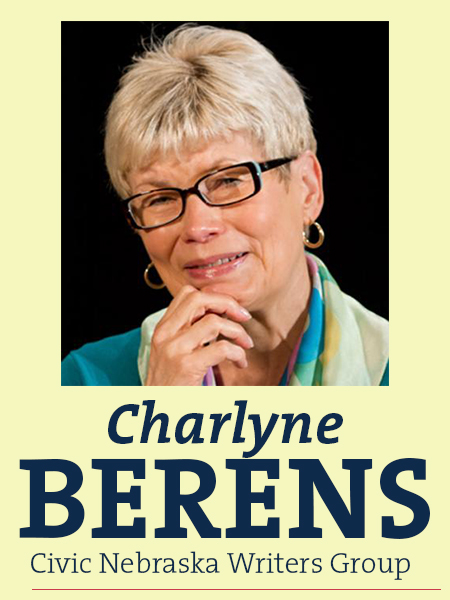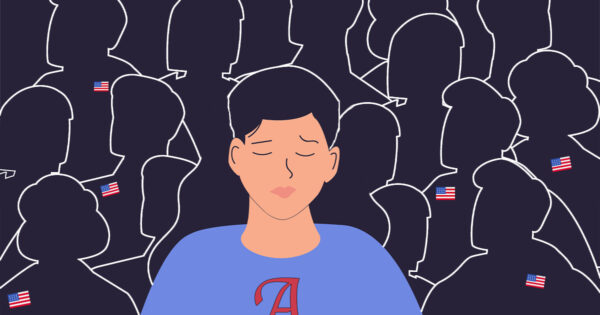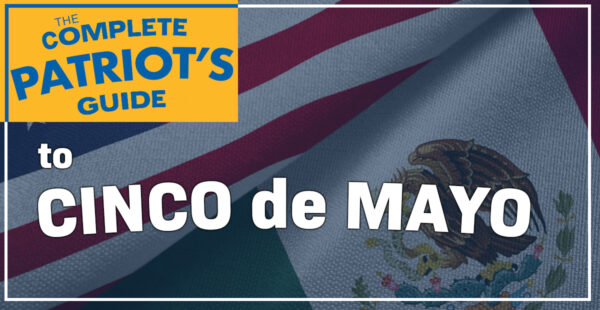On Wednesday, the social media platform Twitter decided to stop accepting political advertising. And by Thursday morning, the cry that Twitter was violating its users’ right to free expression was loud across the land.
There’s an official term for the nature of such a complaint: Baloney.
First and foremost, our First Amendment prohibits only the government from suppressing speech: “Congress shall make no law … abridging freedom of speech or of the press.” Congress – and by extension, government at all levels – may not suppress free expression.

As with anything, there are exceptions: For example, restrictions on speech and the press in the form of laws that forbid incitement to violence. Or laws that forbid falsely yelling “fire” in a crowded theater. Or laws that protect people’s reputations and their privacy. Those laws balance expression with other rights we value: safety, security, privacy. It’s always about trade-offs, about balance.
Also, nearly all U.S. media are private enterprises, not public utilities. As businesses, they have the authority to include – or not include – any content they desire. A newspaper may choose not to run paid advertising for products or services or candidates. The only restriction on a TV or radio station is that if it allows one candidate to buy air time, it must allow the candidate’s opponent to buy an equal amount.
Online expression, also privately owned, is even less regulated. Supreme Court decisions say social media and internet service providers are not content providers. Instead, they are simply a pass-through for content provided by third parties such as Facebook, Twitter, and Instagram and are not responsible for that content. Kind of like how the phone company is not liable for what someone says on a phone call.
So Twitter’s decision is not even a one-step-removed instance of infringement of free speech. The company’s decision is entirely voluntary, not something mandated by the Constitution or the law.
Of course, it comes in response to an ever-increasing outcry against the misuse of social media to promote violence, abuse, mistrust and out-and-out political lies. “Fake news” started out as a real thing: social media posts designed to look like news stories but were actually fiction. Individual Americans created some of it during the 2016 campaign, as did agents of foreign governments.
Representatives of our biggest social media platforms – Facebook, Twitter, Google – have been called before Congress to defend themselves against charges of allowing their sites to be used for questionable or even downright evil purposes. Congress has, thus far, held off on mandating any restrictions on social media. But they are getting plenty of public pressure to intervene.
In the case of Twitter, at least, it looks as if the executives were listening and that they took some of the public’s arguments to heart. Maybe they should contribute to keeping U.S. elections honest by removing the paid mistruths that campaigns have used to undermine that honesty.
It’s important to note that Twitter users will still be able to exercise their right to free political expression in their own Twitter feeds. They can ReTweet messages from their friends and those who they follow. It’s only paid political ads that fall under the ban – and whose revenue Twitter has decided to forego.
So. Instead of howling that Twitter is using its considerable power to stomp on free expression, perhaps we should admire its willingness to come to grips with its influence, for good and for bad, on the political landscape and to take actual steps to ameliorate the bad.
It’s a balancing act, always. But good on Twitter for taking it on.

Charlyne Berens, a retired newspaper editor, professor, and associate dean of the University of Nebraska College of Journalism and Mass Communications, is passionate about the First Amendment and freedom of expression. For more Civic Nebraska Writers Group columns, click here.




